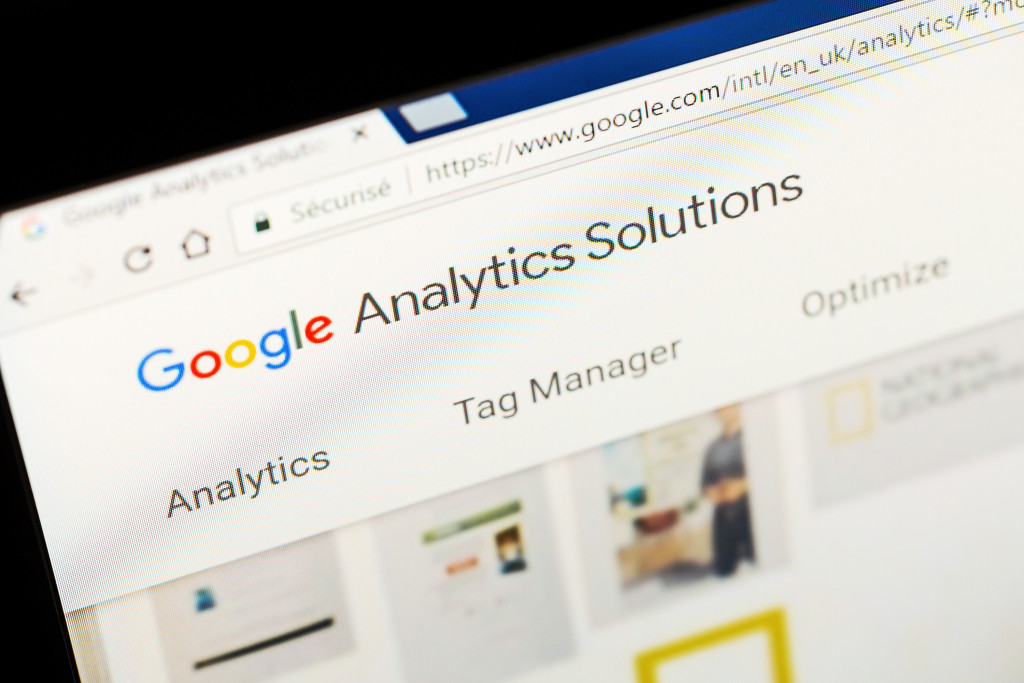Pay-Per-Click (PPC) advertising is an excellent way for small businesses to get their name out there and attract new customers. With PPC, businesses can bid on relevant keywords and phrases that will cause their ad to appear in search engine results pages (SERPs). When a potential customer clicks on the ad, the business will pay the advertising platform a small fee.
PPC can be an extremely effective marketing tool—but it can also be costly if not done correctly. That’s why we’ve put together this list of five tips that small businesses can utilize to make the most out of their PPC campaigns.
1. Do Your Keyword Research
Before launching a PPC campaign, it is essential to do keyword research. Start by creating a list of relevant keywords for your business and services. Make sure to use short-tail and long-tail keywords to target a wide variety of searches. Additionally, you should consider the cost per click (CPC) of each keyword, as you don’t want to blow through your budget on too expensive keywords. You can use tools such as Google Keyword Planner and SEMRush to help you find the relevant keywords at a reasonable CPC rate.
Once you have your list of keywords, split them into targeted ad groups so you can create more focused and effective ads. This will help you reach the right people with the right message while also keeping your costs down. Finally, monitor your PPC campaigns to ensure they are performing as expected, and adjust your keyword list accordingly. Proper keyword research is key to ensuring that your PPC campaign is successful.
2. Set Up Your Campaign
After you’ve completed your keyword research, it’s time to set up your campaign. This includes creating ad text, setting budgets and bidding strategies, and targeting the right audience.
When writing your ad copy, be sure to include keywords that you researched earlier. This will help ensure that your ads are seen by customers searching for precisely what you have to offer. You should also consider which search engine optimization (SEO) tactics you’ll need to utilize for your PPC ads to rank higher than competitors in SERPs.
Once that is complete, it’s time to choose a budget for each campaign and an appropriate bidding strategy. Depending on your goals, you may want to focus on getting more clicks or conversions. Additionally, choosing a geo-targeting strategy can help ensure that users only see your ads in certain locations.
By following these steps and properly setting up your PPC campaign, small businesses can make the most of their advertising budget. Doing so will help create successful campaigns that will generate more leads and increase sales.
3. Track Your Results

It’s essential to track the results of your PPC campaign to see what is working and what isn’t. Google Analytics is a great way to track your results, providing detailed information about website traffic, conversion rates, and more. Make sure to track your results regularly and adjust your campaign accordingly.
Tracking your PPC campaign results will help you understand what is working and where improvements can be made. By analyzing the data, you can make adjustments to optimize the performance of your ads and ensure that your budget is being used efficiently. This can also help you identify any areas of opportunity for improvement, such as targeting more relevant keywords or creating more compelling ad copy.
By tracking your results and making adjustments as necessary, you can ensure that your campaign is running at its peak performance. This will help you maximize ROI and get the most out of your PPC efforts.
4. Hire a Professional
It may be worth considering hiring a professional if you’re looking to make the most of your PPC budget and maximize ROI. Hiring professional pay per click services can help ensure that your campaigns are properly set up, tracked correctly, and optimized for maximum results.
A professional will have expertise in keyword research and optimization techniques and an understanding of the latest trends in digital advertising. They can also help identify areas of opportunity to improve campaign performance further. In addition, they will be able to use advanced tools such as Google Ads or Bing Ads to create effective ads that reach the right audience with the right message.
In Closing
Pay-Per-Click advertising can be an effective way for small businesses to attract new customers—but it can also be costly if not done correctly. By following these five tips, small businesses can ensure they get the most out of their PPC campaigns without breaking the bank.

